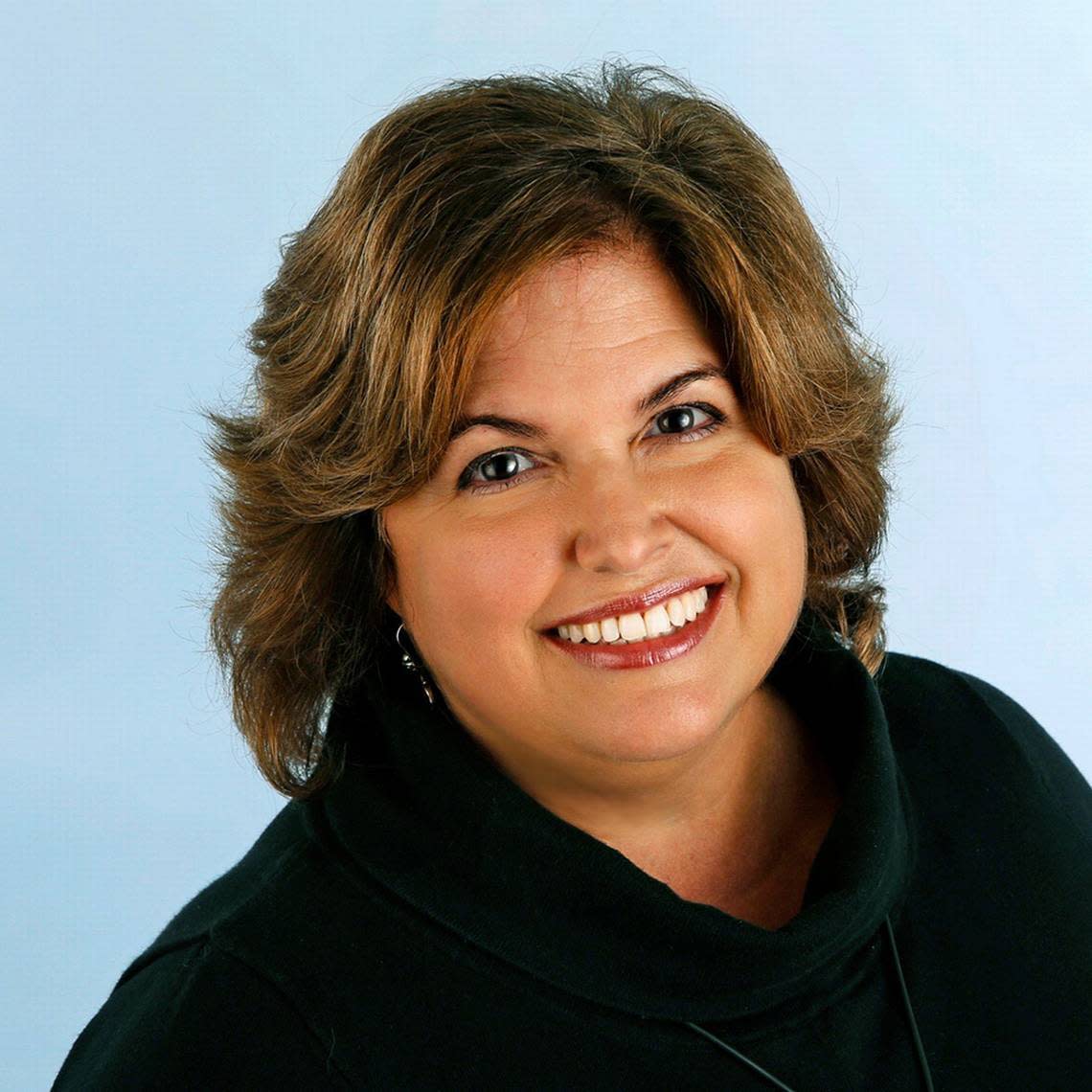What kind of humans ship off to collapsing Haiti a frail 9-month-old born in the USA? | Opinion
He isn’t the hypothetical embryo of abortion debates.
He isn’t the tissue in a woman’s womb that anti-abortion Florida Republicans, including judges, are so devoted to “saving.”
Baby Ector is 9 months old, very much alive but frail and without a mother with the mental capacity to care for him or a father in the picture.
Out of all the options available to the state of Florida — alleged pillar of piety when it comes to the unborn — guess what officials want to do with this vulnerable little human born in Broward County?
Ship him off to a poor, unemployed grandmother in a remote mountain village in Haiti, where an almost certain death in the collapsing country awaits him. The kind of treatment Ector needs for a heart murmur, recurring ear infections and other ailments isn’t even available for many of the children born there.
The case making its way through Florida courts raises so many questions.
What authority do Florida officials have to strip Ector of his right to grow up in the United States with the family that has fostered him since he was a week old, wants to adopt him and is still fighting to do so?
What kind of humans are these people who would so callously put a baby in harm’s way just because his heritage is Haitian?
Ignorant, prejudiced, or both?
Even if Ector, an American citizen by birthright, were perfectly healthy, sending him to a violent Haiti in a perennial state of crisis, and especially to an area where clean water and nourishing food are hard to come by, would be morally wrong.
But this is the fate that Broward Circuit Judge Jose A. Izquierdo has chosen for Ector on the advice of the Florida Department of Children and Families.
READ MORE: He’s 9 months old and a U.S. citizen. Why does Florida DCF want to send him to Haiti?
Would Cuban baby face same fate?
That a bunch of bureaucrats in Tallahassee and their surrogates in South Florida, operating under anti-immigrant Gov. Ron DeSantis, would sign off on such a cruel move is almost expected.
But that a judge, born and raised in Hialeah, who boasts on his resume that his mother was a refugee, part of the Pedro Pan exodus in the 1960s, would not see how terrible a decision this would be, perfectly illustrates the rotten state of Florida’s conscience.
Would the judge rule the same way if this were a baby born to a mentally ill Cuban mother in the United States?
I seriously doubt it.
Izquierdo, appointed to the 17th judicial circuit court by former Gov. Rick Scott, comes from a community that fought hard to keep motherless Elián González, who was 5, in the United States.
This, when the child had a father who wanted him and was willing, able and employed in Cuba.
Izquierdo’s decision, if upheld, would strip Ector of the rights Cuban Americans wanted for Elián — the opportunity to grow up in this country, to be educated here, to contribute to society here.
Ector in fact, is better positioned to do so than was Elián, who only had an uncle and cousins here.
The baby has three older siblings, also taken from his mother and adopted. They see each other often. And he has other people who love him and want to adopt him.
So what’s driving the decision to boot him from Florida? And again I ask: Would you send a white baby in the same circumstances to Ukraine?
I tried to reach Izquierdo, but wasn’t successful.
More than an immigration issue
You can’t even call what Florida officials want to do to this child a deportation because Ector, like it or not, is automatically a U.S. citizen. At 18, he would be able to apply for a U.S. passport and travel here.
In fact, wouldn’t he need his U.S. passport already to travel to Haiti?
But this case has the veneer of something far more sinister than an immigration issue.
On top of the sheer lack of empathy and judgment exhibited by all the state officials involved, it smacks of historical systemic racism.
Haitians, no matter how dreadful their circumstances back home, no matter how meritorious their cases, too often find themselves shortchanged in this country.
Even when they’re in the same pile of immigrants who get treated harshly, they’re at the bottom.
We didn’t see Border Patrol agents, for example, on horseback using their animals and reins to dissuade Central Americans from crossing the Rio Grande, but we sure did see them used when thousands of Haitian migrants were attempting to cross the U.S.-Mexico border in 2021 Texas.
In Florida, a state embroiled in passionate election-time debate over abortion and immigrant rights, Baby Ector’s case speaks more eloquently than any politician.
Haiti isn’t a safe haven for children.
The country is being held hostage by gang violence amid a resurgence in deadly cholera. The lack of drinking water, food and fuel, and the closure of hospitals have become so worrisome that the Biden administration has proposed a United Nations resolution to rapidly deploy armed forces to help the police take back control.
Sending an innocent, wanted American baby to Haiti says a lot about the depth of human rottenness in Florida.

